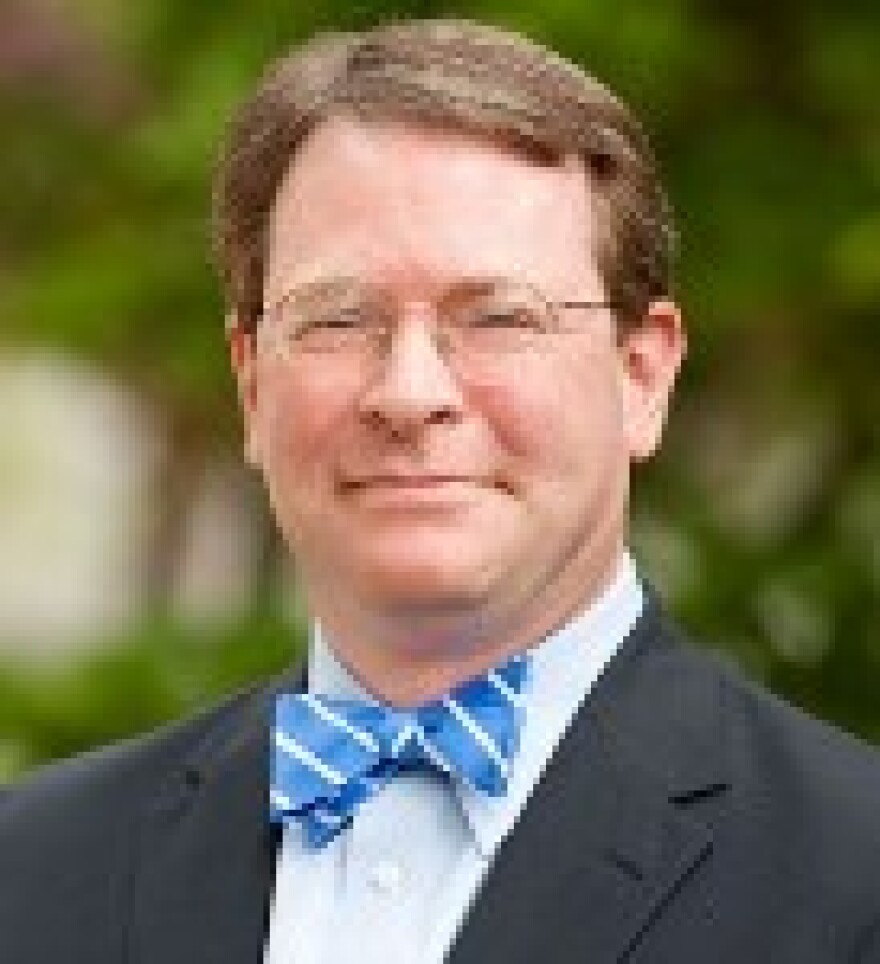There are certain stories that just come out every election cycle like clockwork, akin to a consistent dog whistle for some reporters who really don’t want to take the time to investigate the past to discover what might be in the present.
Such was the case with the breaking news out of our fair, but political competitive, state that — wait for the headline — the Libertarian candidate for North Carolina’s U.S. Senate seat was polling in the double digits.
Better yet — and yes, they included it in the headline — it’s a pizza delivery guy who “may deliver a Senate seat in NC”!
Now, I appreciate the Libertarian philosophy just as much as the next political analyst. I tell my students that Libertarians actually make the most ‘coherent’ sense in terms of their core ideological beliefs.
If you think of a four square box, with the top being divided into two columns to answer the question “Should government be involved in regulating the economy?” conservatives would put themselves in the “no” column while liberals would place themselves in the “yes” column.
Then, on the side of your four square box you ask “Should government be involved in regulating social issues?” You’d get a “yes” from conservatives and a “no” from liberals.
Libertarians answer “no” to both economic and social regulations by the government, because most fundamentally believe that it’s none of the government’s business what you do in your business or in your bedroom.
That’s the philosophy that Sean Haugh, the NC Libertarian Party’s candidate and apparent beer aficionado, advocates in his quest for the U.S. Senate. From such topics as gay marriage, war, abortion, personal responsibility (especially with pollution), to the issue of government debt, Haugh takes a very classic libertarian position on a variety of hot topics, with probably more Democrats agreeing with him than Republicans.
And he advances the core argument of most libertarians: Giving the voter a third choice rather than “either/or” of the two major parties.
So, like trips to the beach instead of working or staying at home, or flip-flops instead of high heels or sneakers, some voters want that choice beyond the two major parties.
But let’s look at some of the basic numbers to see how much Libertarians garner the support of North Carolina voters.
First, out of the 6.4 million registered voters, only 0.3%, or fewer than 24,000 North Carolinians, are registered as Libertarians. No matter, as long as they’ve got candidates on the ballot, right?
Libertarians seem to really like the summer months in election years, because that’s when their support in public opinion polls appears the highest.
In the summers of 2008, 2010 and 2012, Libertarians all saw their highest support in state-wide races. But just as the temperatures tend to moderate going into the fall general campaigns, so to does libertarian support.
Ultimately, in North Carolina’s 2008 gubernatorial, 2010 U.S. Senate, and 2012 gubernatorial campaigns, the Libertarian Party candidates ended up with roughly 2% of the final vote.
But that doesn’t seem to stop major journalists from summertime daydreams that “the Libertarians will steal the show in November!” The irony of this Washington Post article is that, immediately after quoting a respected political scientist from Wake Forest University who observes that Libertarian support “almost inevitably fades to a minimal level” by Election Day, there’s the dog whistle: “but it could happen!”
If the Hagan-Tillis race comes down to the closest of margins, as most are predicting now, could Haugh’s candidacy make the difference in who wins? Absolutely.
Better yet, if he gets roughly $50 to $75 million to compete on the air, has a podium at the public debates this fall, and can break registered Democrats and Republicans from voting 90%-plus for their party’s candidate, then he could deliver the U.S. Senate.
As for me: I’ll take a sausage pizza, along with whatever IPA Haugh has on tap, for delivery on November 4th.


